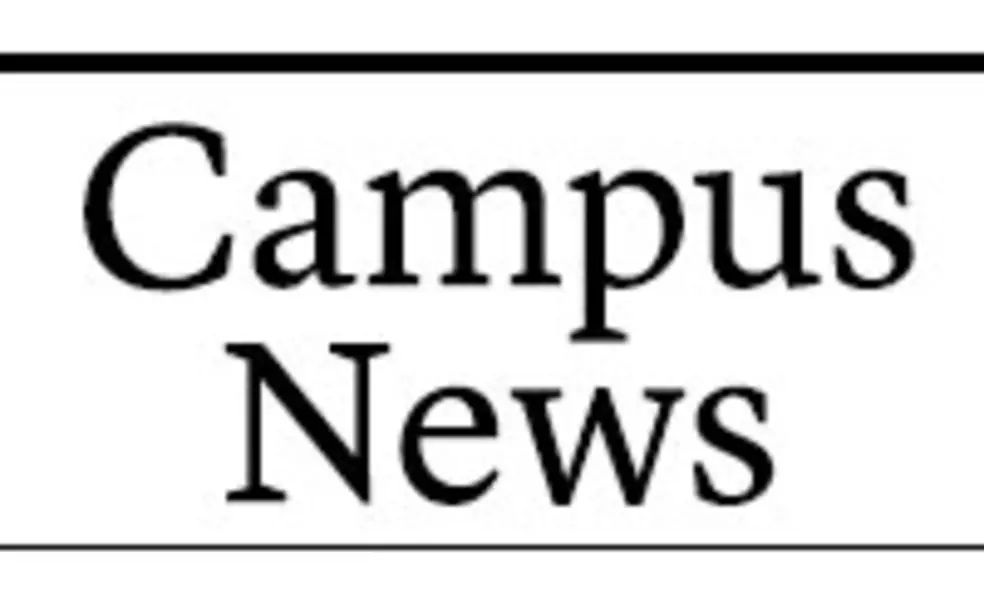From mic checks to debates: Student 'Occupy' group looks ahead
A week after protests and walkouts at on-campus J.P. Morgan and Goldman Sachs recruiting events, students reflected on their experiences and where they hope the Occupy Princeton movement will go next.
“The on-campus reaction was exactly as I expected — it’s going to be controversial,” said Evan Warner ’12, a student involved in the Dec. 7 and 8 protests. “What surprised me a little bit was the amount of coverage it’s gotten elsewhere, including The New York Times.”
About 20 students targeted sessions held by J.P. Morgan Chase and Goldman Sachs last week as part of Occupy Princeton, founded this fall in response to the Occupy Wall Street campaign. The students, dressed in business attire, carried resumés and networked with recruiters who approached them. After directing pointed questions at the recruiters during the sessions’ question-and-answer periods, the demonstrators used the Occupy movement’s “mic check” call-and-response method to air their grievances.
Read more:
For most, business as usual despite Wall Street protests
A moment with... Vladimir Teichberg ’96, on publicizing protest
Princeton students travel to New York, participate in Occupy Wall Street
“Your predatory lending practices helped crash our economy, we’ve bailed out your executives’ bonuses, you’ve evicted struggling homeowners while taking their tax money,” the protesters said to J.P. Morgan recruiters. “In light of these actions, we protest the campus culture that whitewashes the crooked dealings of Wall Street as a prestigious career path.” The students then promptly left the room.
Protester Polly Korbel ’13 said she was pleased that Occupy Princeton’s actions at the information sessions had generated a strong response at the University.
“A dialogue on campus has definitely been started, during lunchtime with my peers and more formally online,” Korbel said in an email. She added that the Princeton Corporate Finance Club had expressed interest in organizing a public debate between the club and Occupy Princeton after winter break.
Occupy Princeton intends to continue its actions, Warner said. Pulitzer Prize-winning journalist and political activist Chris Hedges spoke at the group’s weekly general assembly — where supporters stand in a circle outside Frist Campus Center and shout echoes of what various speakers say — on Dec. 13, discussing the corporate world and the campus culture at the University. That same night, several Occupy Princeton supporters held a “direct action” meeting where they talked about their aims, brainstormed new ideas for actions during the holidays and afterward, and updated each other on the progress of their various working groups.
Students also hope to collaborate with Occupy the Streets Princeton, a community group that meets weekly on Sunday afternoons outside the Princeton Public Library and has protested via bike rides through downtown Princeton.
It is unclear whether Occupy Princeton plans to interrupt any more finance recruiting sessions. Some students noted, however, that such events should not be seen as the sole mode of action for the group.
“I just want to stress that not all of our actions will be disruptive,” Joshua Schulman ’13 said. “The point of these disruptive actions is to make people stop and think — we’re also planning and talking about constructive events and actions so we can open up the dialogue here on campus.”
Korbel sees a promising future for the student Occupy contingent.
“We are listening, we are learning, and, most importantly, we are questioning, in lectures, in classrooms, in dorms, at the dinner table and in information sessions,” she said. “The concerns of the Occupy movement about economic inequality and the factors that engender it are present on Princeton's campus. These mic checks made that clear.”













No responses yet